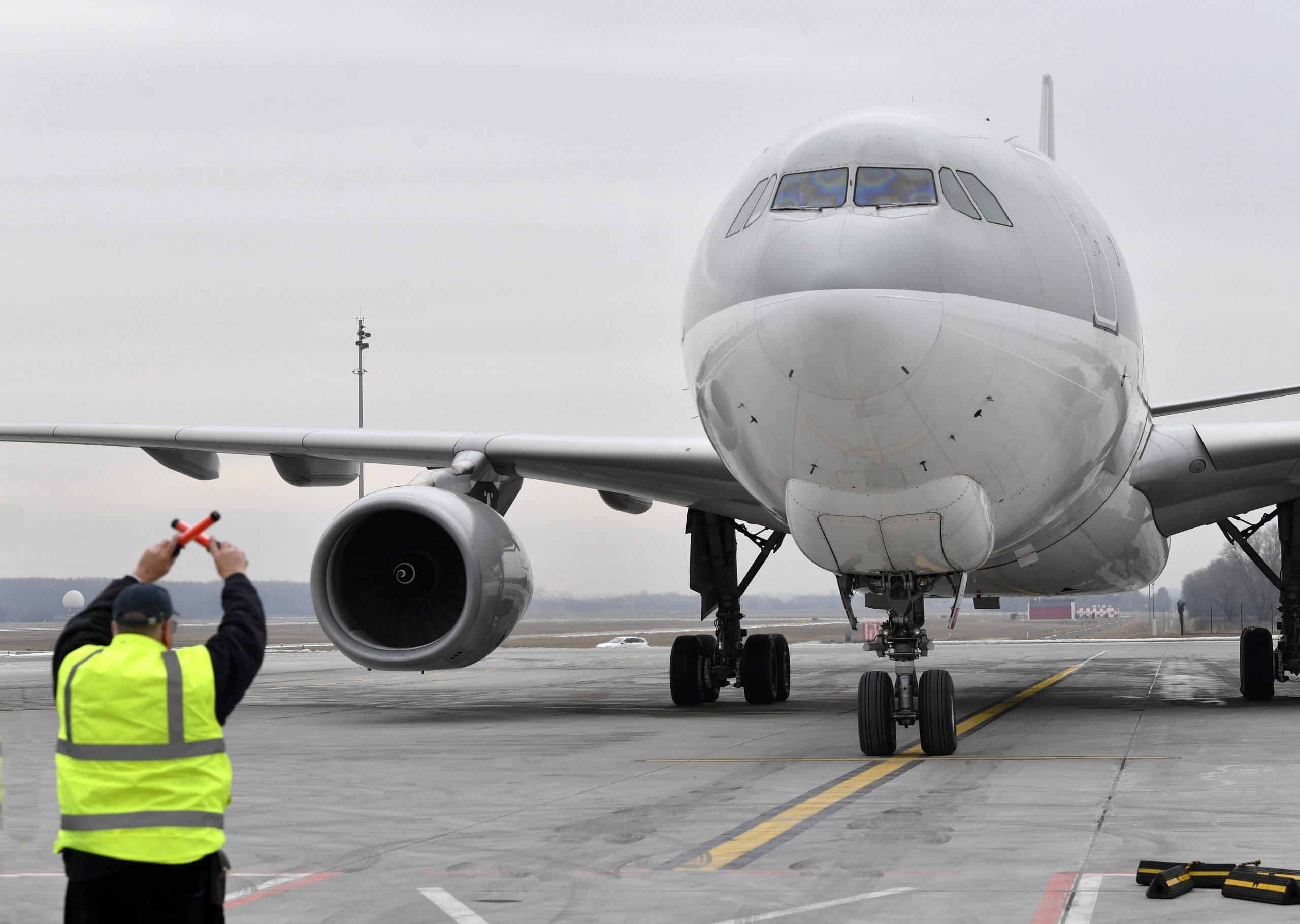
Bad timing, inflated price, new trends emerging in the world economy, and a need to reduce Budapest’s overhead within Hungary, are Central Bank (MNB) chief, György Matolcsy’s arguments in a bid to urge the government not to buy back Budapest Airport.
75% of Liszt Ferenc International Airport (a.k.a. Ferihegy) was sold by the left-liberal Gyurcsány-led government, with the rest having been traded by the second Orbán administration in 2011. However, the Orbán-led government has been targeting a buy-back for quite some time. According to recent press reports, they have recently raised their offer once again, and proposed a hefty HUF 1.617 billion (EUR 4.4 billion), which the owners are reportedly already seriously considering to accept.
In an op-ed published in pro-Fidesz daily Magyar Nemzet, the Central Bank head now lists 3+1 arguments why the Orbán administration shouldn’t buy back Hungary’s no. 1 airfield.
- Bad timing: Although it seems like a good idea amid the break in air travel due to the pandemic, the timing is still not good “amid a sky-rocketing budget deficit, increasing public debt, foreign currency debt on the rise once again, a deteriorating current account, booming inflation, and a forced central bank reversal,” Matolcsy claims, adding that “Hungary’s financial vulnerability has increased significantly, as Hungary now has the worst record in the region in terms of financial balance.”
“A planned airport buy-back with a foreign currency loan, therefore represents a serious financial risk that is not worth taking.”
- Inflated price: A buy-back would be the opposite of the “Buy low, sell high” investment strategy at this point, he argues. While insisting that the airport’s sale “was a national strategic sin and an economic strategic mistake,” he wants the government to follow another golden rule of investment instead:
“Don’t throw good money away after a bad investment.”
- Response to modern world tendencies: “The technological revolutions of our decade are revolutionizing every aspect of the economy and life in a way similar to the great geographical discoveries of 500 years ago (…) New large and medium-sized regions will emerge in the world economy (…) The Carpathian Basin won’t become a mega-city or a major region, but it is well on the way to become a medium-sized one. Therefore, it doesn’t need a global hub airport; instead, it needs an advanced aviation network, which:
“…will require a medium-sized central airport and several smaller regional ‘smart’ airports that will be regional hubs for freight (cargo), drone-based transport, air taxis, and other new services.”
- Off-setting Hungary’s territorial imbalance, meaning that Budapest’s central economic role shouldn’t be further strengthened with the airport’s buy-back and related developments, according to Matolcsy. “Instead, let’s build a brand new central airport in the area designated by the “horseshoe cities,” around the present-day capital (Esztergom, Győr, Székesfehérvár, Veszprém, Dunaújváros, Kecskemét, Szolnok, and Eger), with a much needed high-speed train into the center of the capital.
“In parallel, let’s build a regional air hub network, at least with the airports of Debrecen, Miskolc, Pécs, Kecskemét/Szeged, with a cargo network and a strategic cooperation with the Carpathian Basin’s other aviation hubs.”
featured image illustration via Zoltán Máthé/MTI
